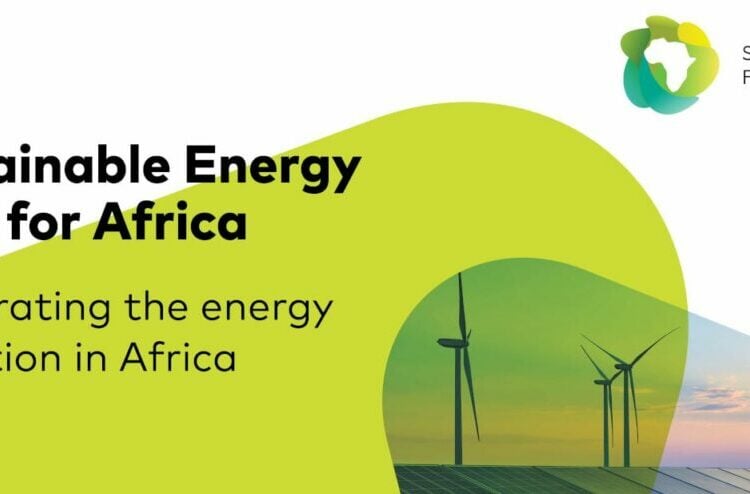Business, finance, and sustainability stakeholders have said the Environmental, Social, and Governance (ESG) Forum 2025 will focus on Africa’s sustainable energy future.
They stated this at the 2025 Private Sector ESG Forum Media Launch, a prelude to one of Africa’s landmark sustainability gatherings. The media launch, which precedes the ESG Masterclass on October 28, 2025 and the Main Forum on October 29, highlighted the Forum’s growing role in driving sustainable business transformation, climate resilience, and corporate responsibility.
Now in its third year, the Forum’s 2025 edition, themed ‘Energy Security and Decarbonisation: Bridging the gap for a sustainable future’, will underscore the urgent need for Africa to collectively design a transition model that reflects its unique realities, one that tackles energy poverty while advancing environmental responsibility and economic inclusion.
Speaking, chair of the ESG Forum Technical Committee and External Affairs Director, BAT West and Central Africa, Odiri Erewa-Meggison said, “Africa must not merely import global sustainability standards; we must define our own context. Our conversation is not just about reducing emissions, it is about expanding opportunity. We must begin to look for solutions that work for us; solutions that ensure energy fuels factories, lights homes, and sustains livelihoods.”
Erewa-Meggison emphasised that the Forum aims to play a key role as a rallying point for action, anchored on collaboration between private sector actors, policymakers, and financiers. She noted that, the transition must be pragmatic, ensuring equity for communities and industries that still struggle with basic access to power.
From the financial sector, head of Risk and Capital Management at Stanbic IBTC Holdings, Tosin Leye-Odeyemi, added that, “transition financing is not a buzzword; it is the backbone of implementation. We must de-risk sustainability investments and build blended finance structures that attract public and private capital. If we want transformation, we must build financial systems that reward responsibility and long-term value creation.”
Leye-Odeyemi stressed that unlocking climate finance requires a clear link between sustainability outcomes and financial returns. This urges the private sector to innovate around green bonds, sustainability-linked loans, and capital markets instruments that reflect Africa’s development priorities.
Bringing the agribusiness perspective, Yosola Onanuga, head of Corporate Responsibility and Sustainability at TGI Group, noted that “food security and energy security are inseparable. By integrating renewable energy into agricultural production and processing, agribusinesses can lower costs, reduce emissions, and build resilience for communities most vulnerable to climate shocks.”
The head of Business Communication and Sustainability at BAT West and Central Africa, Halimat Shuaibu, stated, “This Forum is a collaborative commitment to align profit with purpose and growth with responsibility.”





